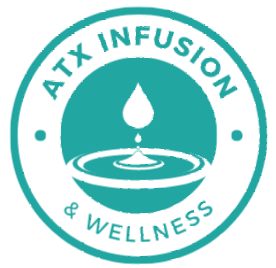Hair loss is a common concern for many individuals, and finding safe and effective solutions is a priority for those looking to maintain or restore their hair. While treatments such as PRP (Platelet-Rich Plasma), PRF (Platelet-Rich Fibrin), and exosomes have gained attention in the field of regenerative medicine, peptides have emerged as a promising option for supporting hair health and regrowth. These small chains of amino acids play a crucial role in cellular function and regeneration, offering a non-invasive, scientifically supported approach to strengthening and revitalizing hair.
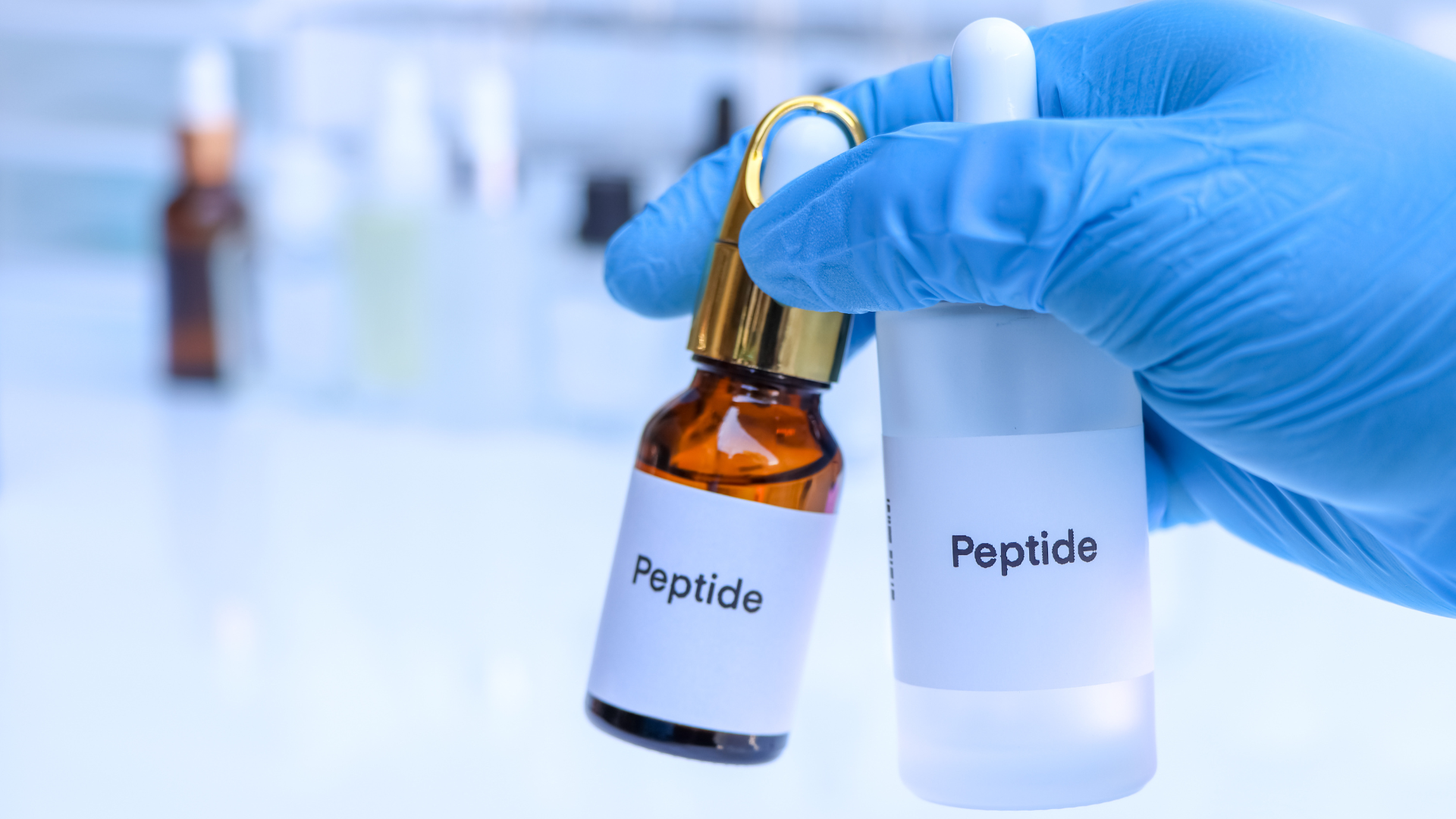
How Peptides Support Hair Growth
Peptides function as signaling molecules in the body, helping to regulate various biological processes. When applied topically or used in conjunction with other hair restoration therapies, peptides can contribute to stronger, healthier hair by improving scalp circulation, reducing inflammation, and stimulating hair follicle activity.
The use of peptides in cosmetic and medical applications has been extensively studied, particularly in areas related to skin health, wound healing, and hair growth. By enhancing cellular communication, peptides can help create an optimal environment for hair follicles to enter and remain in the growth phase of the hair cycle.
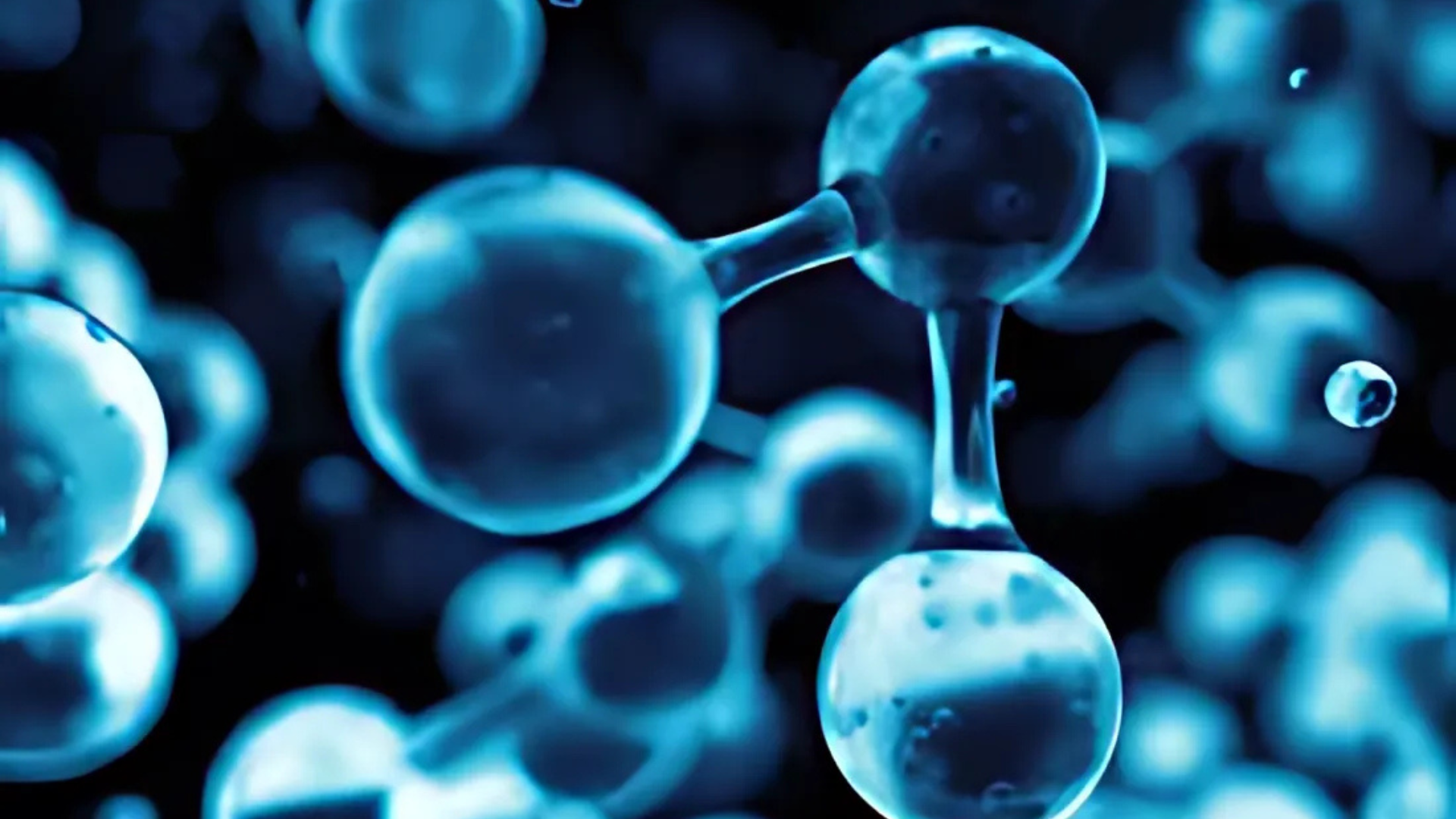
Types of Peptides Used in Hair Restoration
Several peptides have been identified for their potential to improve hair health and stimulate new growth. Some of the most notable include:
1. Copper Peptides (GHK-Cu)
Copper peptides have been widely studied for their role in tissue regeneration, anti-inflammatory properties, and hair follicle stimulation. Research suggests that GHK-Cu may help:
- Improve blood flow to the scalp, ensuring hair follicles receive essential nutrients.
- Extend the anagen (growth) phase of the hair cycle.
- Reduce oxidative stress that can contribute to hair thinning.
2. Thymosin Beta-4 (TB4)
Thymosin Beta-4 is another peptide that has shown promise in hair regeneration. It is known for its ability to:
- Promote cell migration and healing within the scalp.
- Reduce inflammation, which can damage hair follicles over time.
- Support angiogenesis (new blood vessel formation), improving follicular health.
3. Keratinocyte Growth Factor (KGF-1)
KGF-1 plays a significant role in hair follicle health and regeneration by:
- Encouraging keratinocyte proliferation, which supports the structure of hair follicles.
- Improving the resilience of hair strands, making them less prone to breakage.
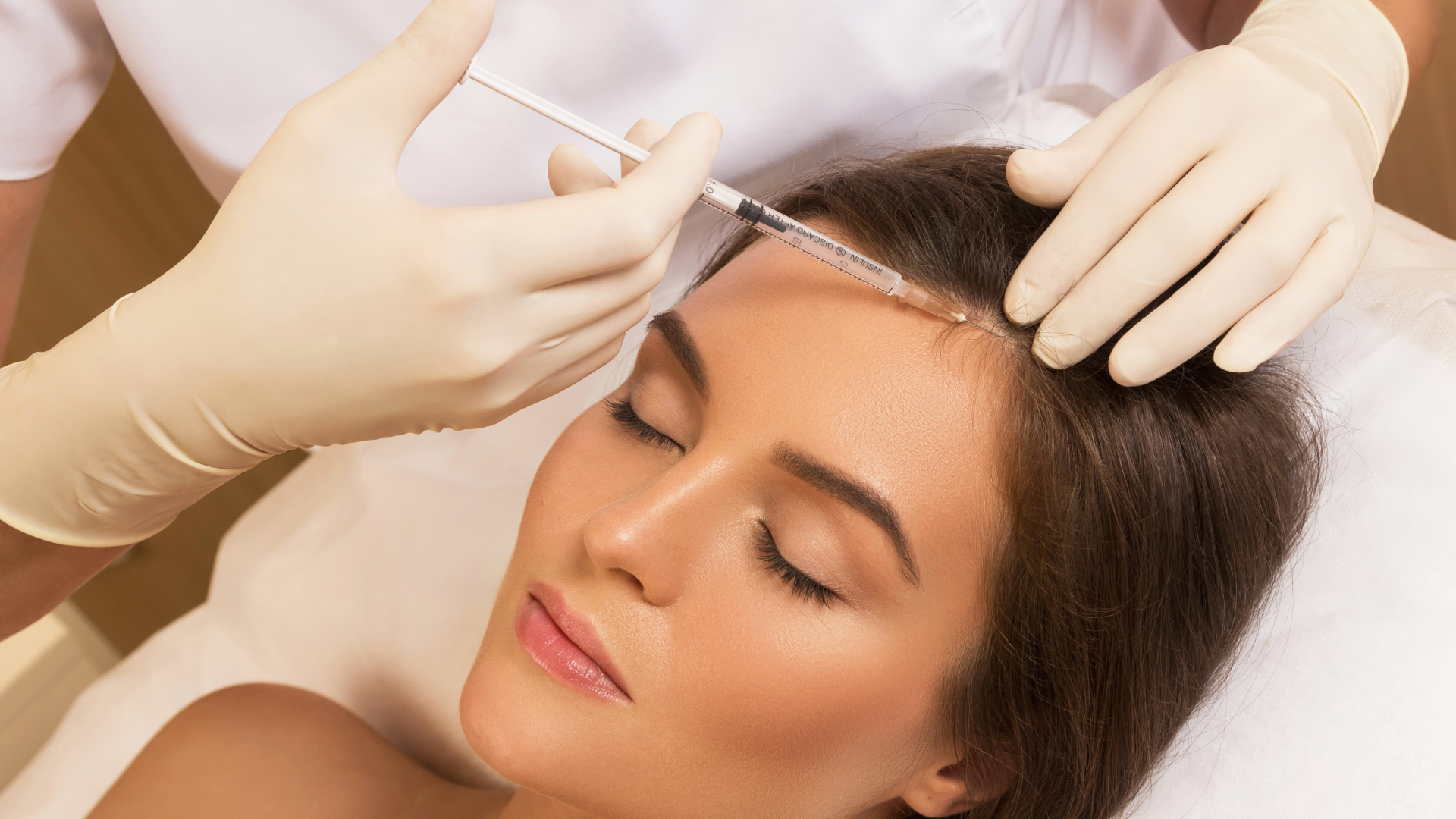
How Peptides Compare to Other Hair Restoration Treatments
Unlike more invasive treatments, peptides can be incorporated into a daily routine through topical solutions, injections, or as part of a broader regenerative hair therapy plan. Many individuals choose to use peptides alongside
PRP,
PRF, or exosomes for enhanced results. While PRP and PRF provide growth factors that promote healing and follicular stimulation, peptides serve as continuous support for scalp and hair follicle health.

Incorporating Peptides into a Hair Restoration Plan
At ATX Infusion and Wellness, we understand that hair restoration is not a one-size-fits-all approach. That’s why we offer a variety of options, including peptide therapy, PRF, and exosomes, to help our clients find the best treatment for their individual needs.
A personalized consultation can help determine whether peptides alone, or in combination with other regenerative therapies, would be the most effective solution for your hair loss concerns. Since peptides have a strong safety profile and minimal side effects, they can be an excellent option for those seeking a non-invasive and science-backed approach to hair health.

Taking the Next Step in Hair Restoration
If you are experiencing hair thinning or want to explore advanced options for hair regrowth, our team at ATX Infusion and Wellness can help guide you through the available treatments. Whether through peptides, PRF, exosomes, or a customized combination of therapies, we offer evidence-based solutions tailored to your goals.
Schedule a consultation today to learn more about how peptide therapy can support healthier, stronger, and more resilient hair.
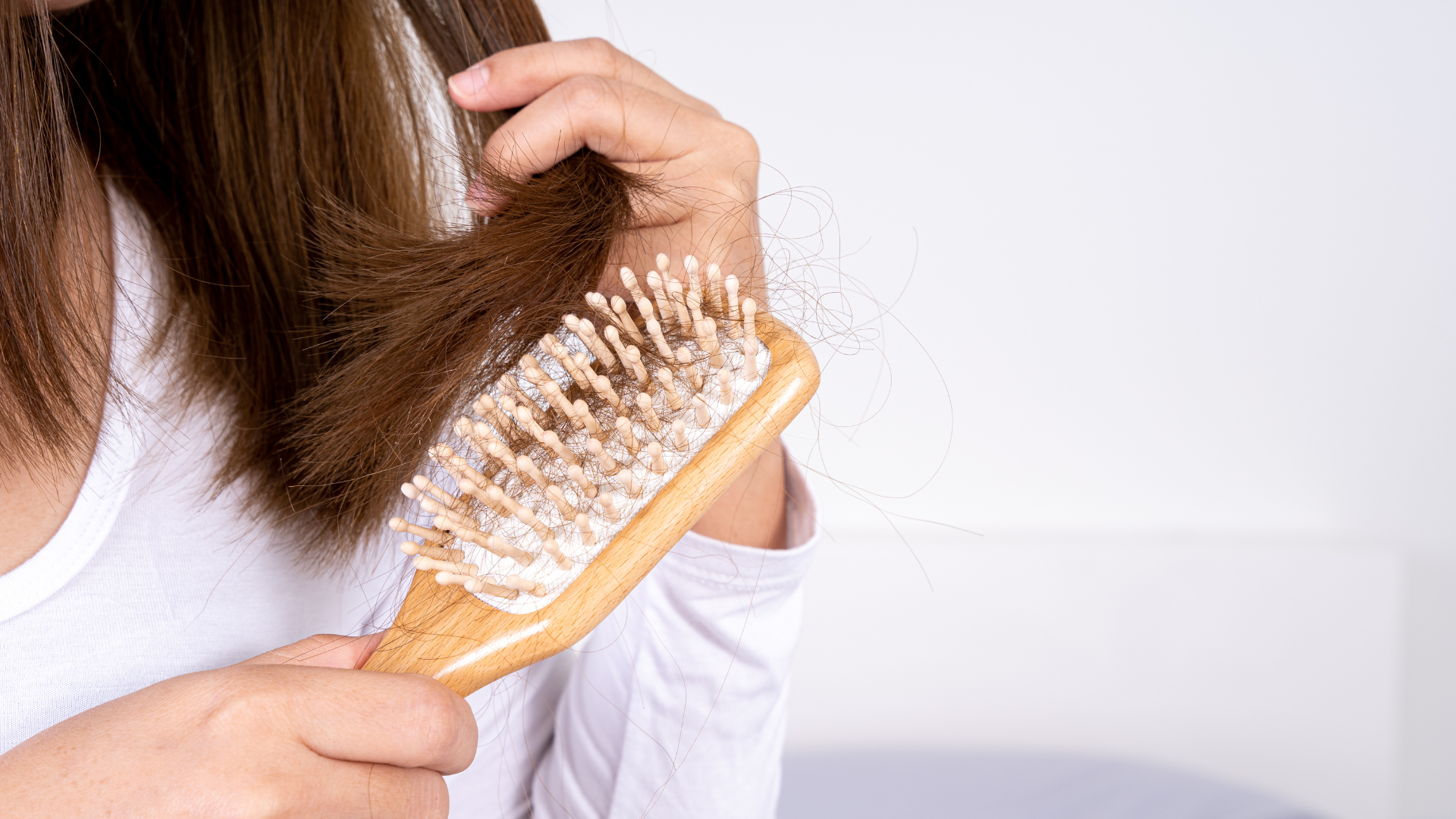



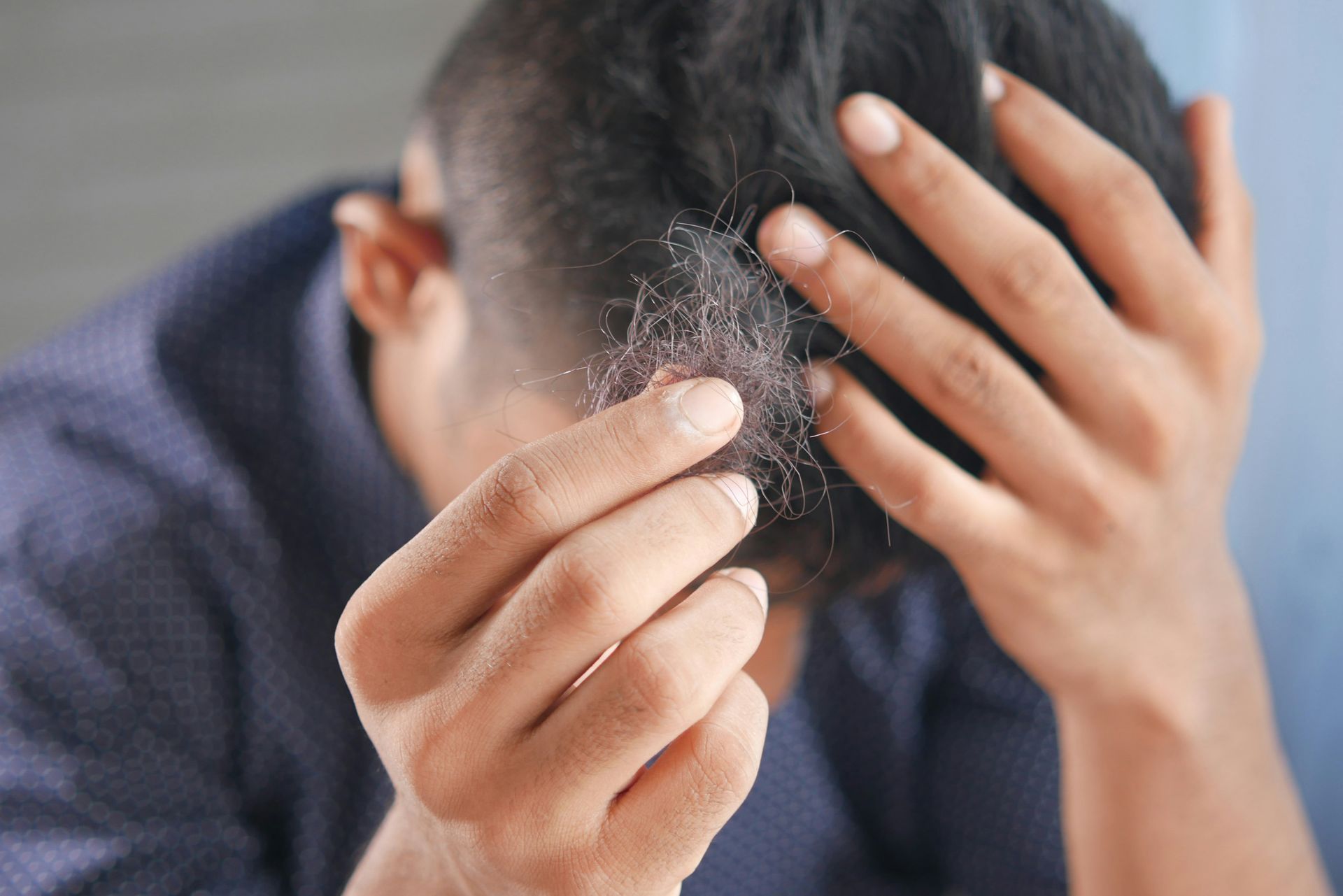
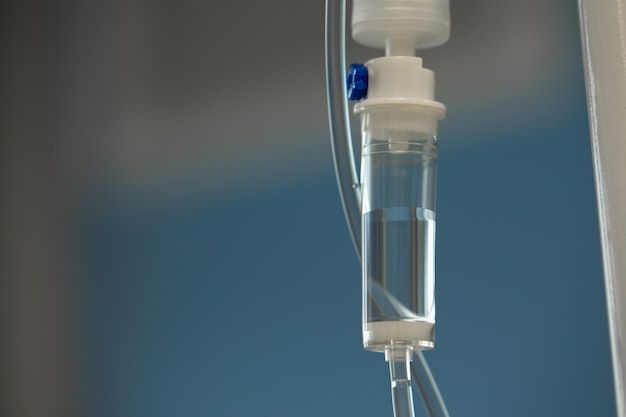
Contact
All Rights Reserved | ATX Infusion and Wellness
